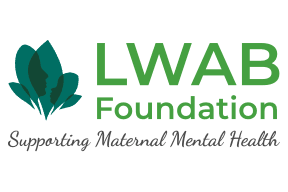Blog |
This blog is about life with a baby. It's not always what you expect and there is definitely no job description. Every baby is different and unique which is why motherhood can be so scary, fun, terrifying, exciting, and rewarding all at the same time.
Be sure to also check out our Travel Blog where you can share and read stories about travelling with the family.
Recent Articles
|









